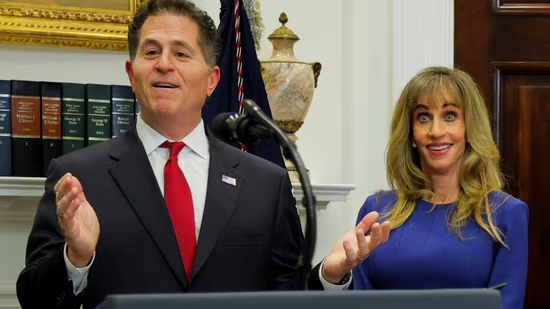What Powell's Jackson Hole Speech Means for the Economy
- Alexangel Ventura

- Aug 22, 2025
- 2 min read
On Friday August 22nd, 2025, Chair of the Federal Reserve Bank Jerome Powell delivered his occasional "Jackson Hole Address" showcasing current and future Fed policy in regard to responding to economic trends.

As the banking leader gave his address today, shares across the stock market rose as investors saw optimism from the speech for the reaction to economic hardship. But the dollar has weakened across the board.
The Chair of the Fed assured his department's dedication to reducing prices for the average American and keeping a strong labor market through cautious and data-driven interest rate policy. He did raise concern that inflation has consistently kept above the 2% golden rate (which he believes is marginal enough that most Americans wouldn't notice rapid price hikes like we've seen now), which he how admits is not feasible for now with 4% now being the new normal. However, long-term, he believes that 2% could be possible with effective monetary policy.
However, keeping in line with what many investors want for September, he is very open for a rate cut in that month and beyond. With the audience clapping in front of him, stocks rose across the board. But his rate cut policy being "data-driven" will look far different from what President Trump desires. Powell believes that the Fed should cut rates gradually over time, while the president and members of his administration want an immediate one-point rate to cut.
Think of Powell's strategy as conservative but more passive than the conservative Trump administration. While rate cuts will happen, they will be made slowly to prevent significant shifts in the economy like inflation. The Fed still believes that inflation would remain an important issue to digest as tariffs finish rolling out.
But this hopeful speech shows that while tariffs could pose a threat, now is perhaps the time to use a strong-enough economy to push rates down and pass relief to Americans facing high rates from debt.
This speech marked his final speech as Fed chair as the incumbent president hopes to replace him with a more conservative candidate, which a specific name is unknown for now. Secretary of the Treasury Scott Bessent is expected to interview candidates soon.









